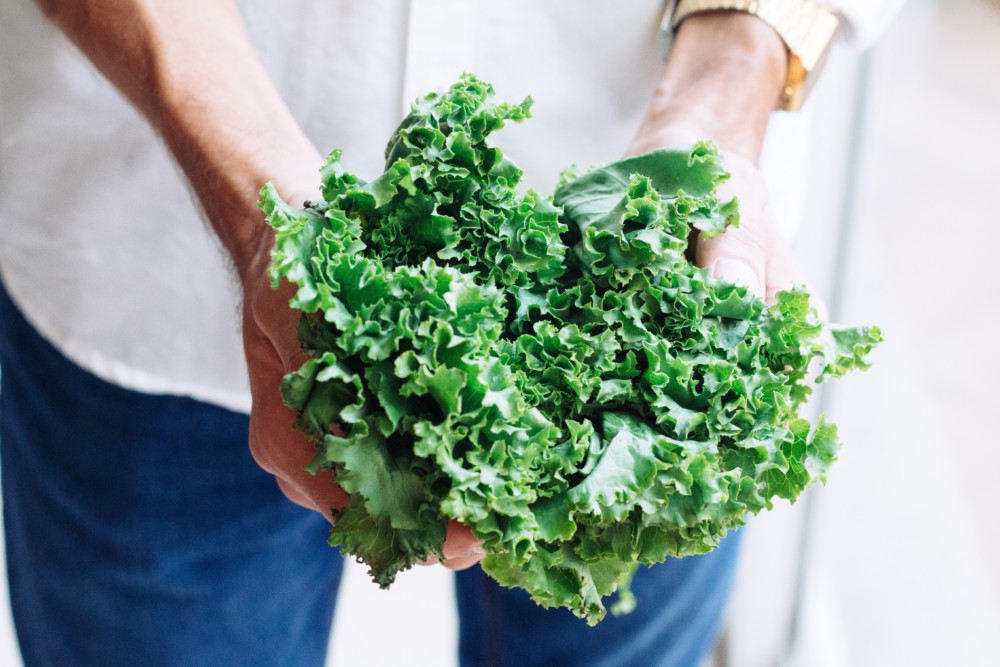
Health-conscious diners often find themselves in a terrible catch-22. On one hand, cutting out meat and dairy to make room for a more plant-based diet isn’t just good for one’s health—looking at the carbon footprint and ethical questions of factory farming, it’s practically a moral imperative. At the same time, one can hardly put on the news or scroll through the feed without hearing stories of yet another recall on tainted produce, with lettuce, in particular, being a common target.
Even as vegans, it’s hard to get too excited about lettuce. It’s not the main event of a vegan meal. However, lettuce is the backbone of almost any green salad, a common filling in veggie sandwiches, and a low-carb alternative to bread-based wraps. That’s what makes reckoning with the foodborne illnesses associated with lettuce so difficult. Here’s what you need to keep in mind as you shop and wash your veggies.
E. Coli poisoning
E. coli is one of the most common bacteria. While many strains of this bacterium are harmless and even beneficial to gut health, the O157:H7 strain of E. coli can cause severe intestinal distress—or worse. When produce such as lettuce comes into contact with improperly processed manure, feedlot runoff, or other sources of contamination, this pathogen takes hold, infecting humans and animals alike with painful symptoms.
Cyclosporiasis
Cyclospora cayetanensis is a single-celled parasite that thrives in warm weather—namely, the warmer climes from which we rely on fresh produce year-round. This parasite can lie dormant in feces for weeks before activating and becoming infectious. When it does infect a host, that person suffers from diarrhea, fatigue, bloating, and loss of appetite. Lettuce is just one food among many where Cyclospora can thrive, with other fruits and vegetables often harboring this parasite as well.
Listeriosis
Listeria monocytogenes can be one of the toughest strains of bacteria to fight against. As an anaerobic species, it doesn’t require oxygen to live and thrive. It lives even in non-aerated soil, where it waits for a chance to infect. Thoroughly washing produce is usually enough to thwart Listeria, but a failure to do so before going to market has been a common cause of outbreaks recalls. While listeriosis is mild in many, it can be severe or deadly in high-risk people such as pregnant mothers, their fetuses, and the immunocompromised.
Salmonellosis
Salmonella outbreaks in Romaine lettuce have seemed to be rampant in the 21st century. The consequences of ingesting this dreaded pathogen are some of the most common foodborne illnesses associated with lettuce, due in large part to surface-level contamination from busier and more crowded greenhouse facilities. Improper handling of produce is all it takes for contamination to start spreading across the outer leaves of lettuce.

